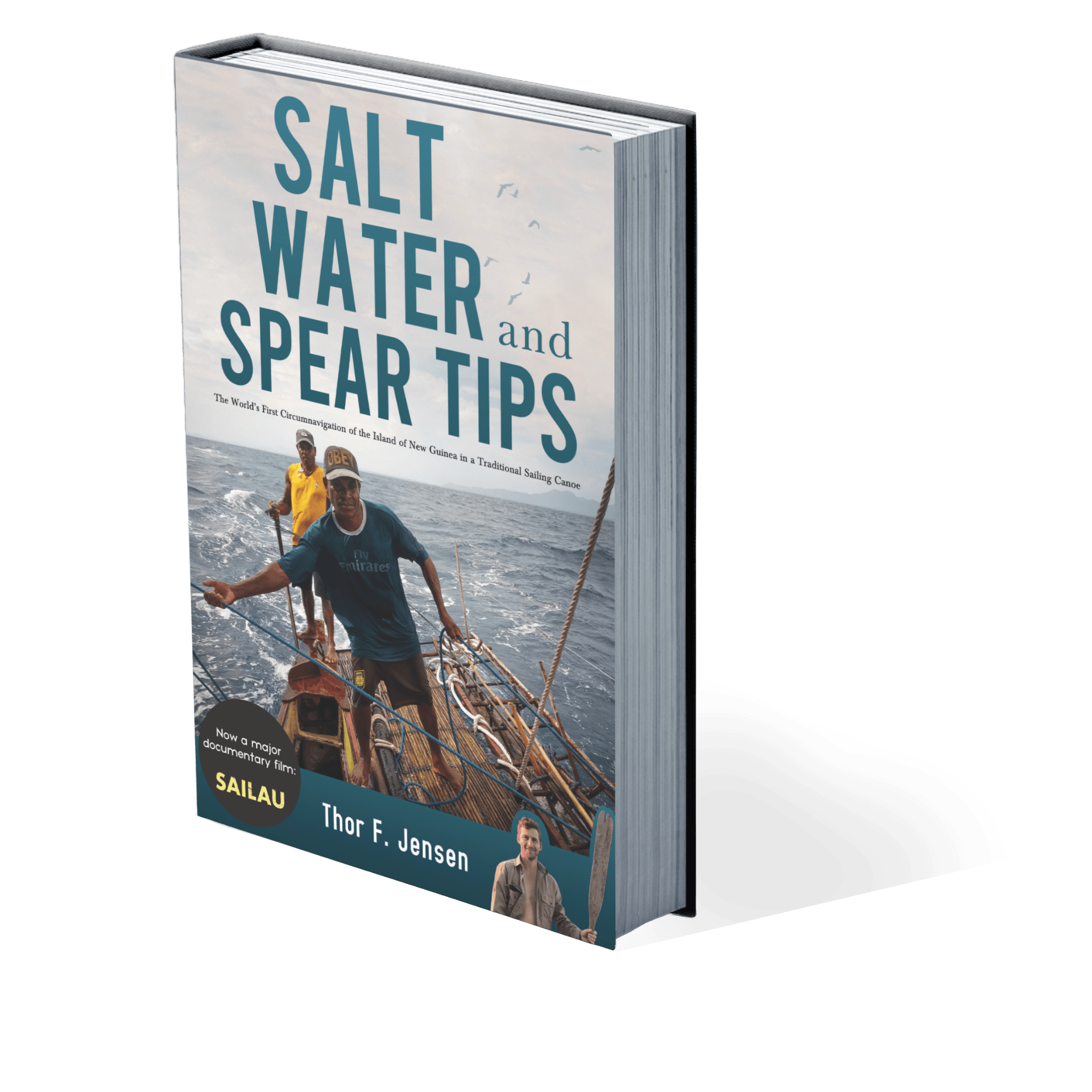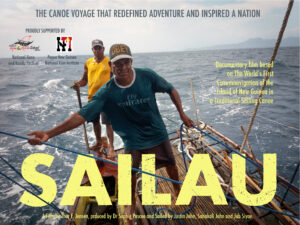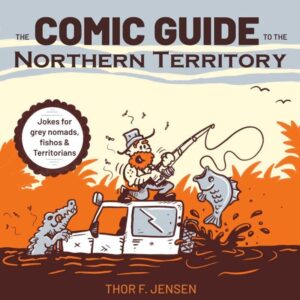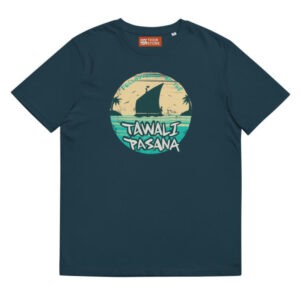When you travel with a purpose beyond yourself, travel become easier.
After circumnavigating New Guinea in a traditional canoe together with three Papuans in 2017, I developed the philosophy: Redefining Adventure.
This philosophy is about foregrounding inclusion, culture and purpose when venturing out and having extraordinary experiences.
Reflecting on this approach, I have made a list to guide people with aspirations to visit remote places and communities.
First, let me be clear, I think that anyone wanting to go on a big adventure should go for it, and this article has not been written to make it more difficult for an aspiring adventurer to travel out.
On the contrary, when you travel with a greater purpose, everything becomes a lot easier.
So, here’s ten things to consider before booking those flights
- Make the journey about more than yourself.
Do your research about local communities in the area you want to travel, find a purpose or cause to support and advocate for. - Make a proper introduction.
Always start by stating your business and pay respect to the leader of the society, be it a minister of the church, local government officers or a chief. These people of
authority can guide you and introduce you to the rest of the society. - Give back.
Exchange of gifts is a common practice when greeting people in most cultures. You don’t have to hand out gold watches, a postcard from your home or some sweets is a good start. Helping in the garden or teaching in the school is another way. - Consider your impact on small communities.
For an example, cultural obligations can be a strain on your hosts. Another example is uneven sharing of wealth which can create jealousy and competition. So take advice from village leaders and consider donating to the common good, such as the local school or health clinic. - Be open to other worldviews.
There are many ways of perceiving the world, and these views have enabled the local people thrive for millennia; be open and broaden your horizon. - Eat the local food.
There’s nothing like the local cuisine that will teach you about the surrounding environment, daily life and culture. Suck it in. - Consider who owns the land you are walking on.
Land is always governed in one way or another, and some areas can be taboo. Always ask for guidance and permission. - Know the colonial history.
Sadly, most of the developing world is still marked by the genocide and wealth extraction of colonisation. By knowing the history, you can see the world in a broader context and this can guide your conduct. - Stay in one place for a long time.
You will learn some of the language and develop life-long relationships. You will have experiences that few short-term visitors would ever know of. - Share your findings.
Upon returning home, you may have learnt about climate challenges, logging or the needs of local organisations. Advocate by sharing pictures and links or start a fundraiser. Time to give something back and keep the relationships alive.
Conclusion
When you travel with a purpose beyond yourself, things become easier: you receive goodwill from hosts and develop meaningful relationships with locals.
And when the going gets tough you are more likely to persevere knowing others depend on your success.
How much or how little altruism you can manage is up to you. But if you have the means to pull off a great adventure, you also have the means to give back.
And finally, this approach makes gathering support for your next adventure a lot easier.





